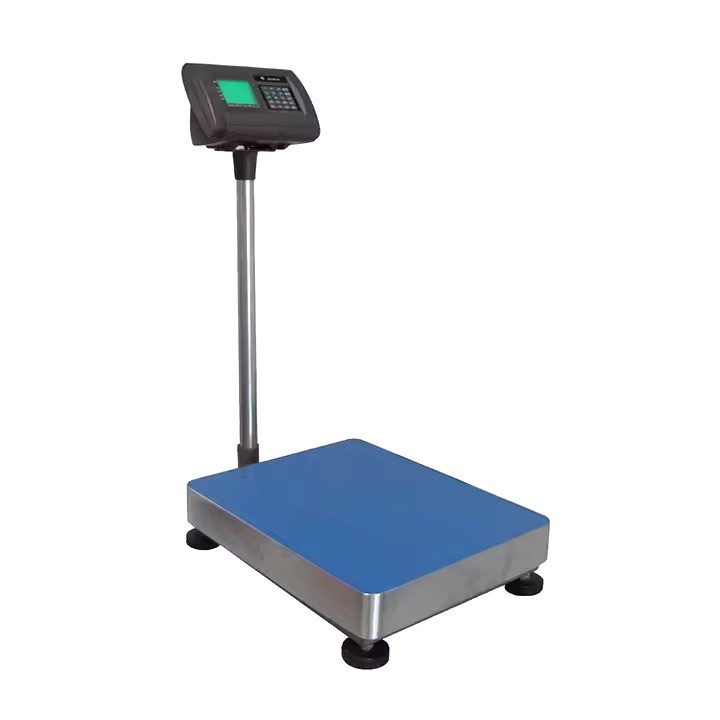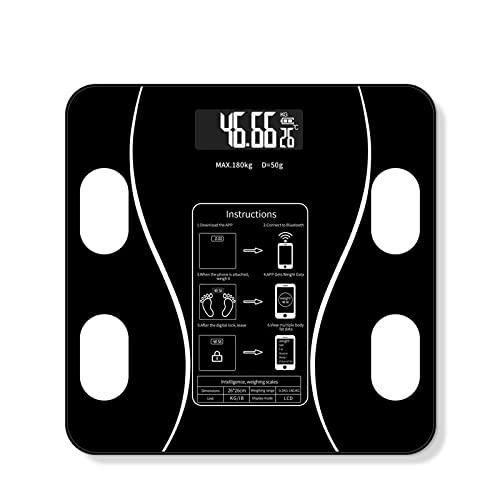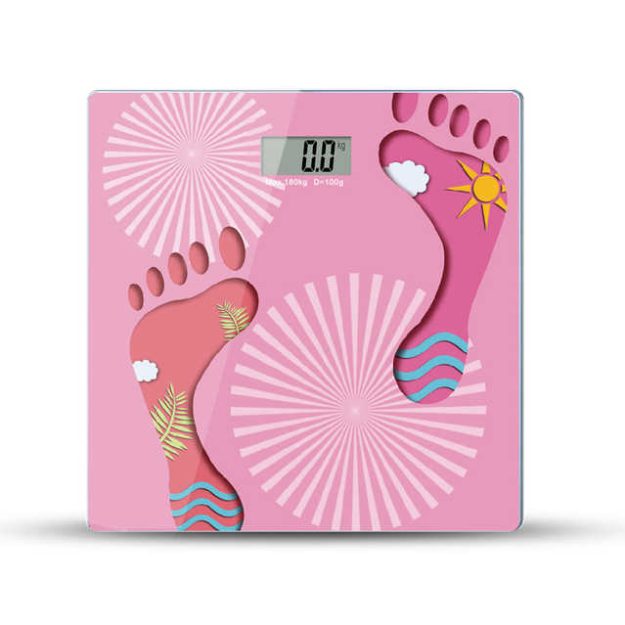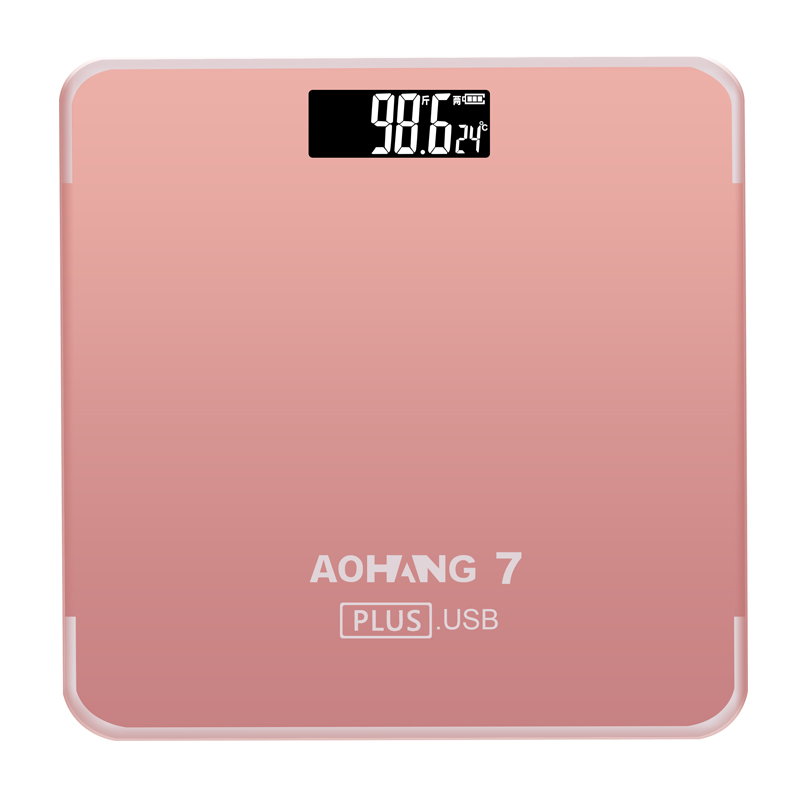Key Indications to Know if a Weighing Scale is Accurate in Uganda, An accurate weighing scale is essential for reliable measurements, whether you’re tracking body weight, conducting laboratory experiments, or handling trade transactions. But how do you determine if your scale is providing precise readings? This guide outlines the key indications of an accurate weighing scale and practical tips to ensure its accuracy.
1. Consistent Readings
- What to Check: Weigh the same object multiple times. If the readings are consistent, the scale is likely accurate.
- Example: Place a 1 kg weight on the scale repeatedly. It should display “1.00 kg” each time.
2. Correct Zero Calibration
- What to Check: Ensure the scale reads “0.00” when empty. If not, reset it using the tare or zero button.
- Why It Matters: A properly calibrated zero point ensures all measurements start from an accurate baseline.
3. Known Weight Test
- What to Do: Use an object with a known weight, such as a calibration weight or pre-packaged goods, to test the scale’s accuracy.
- Example: If a packaged item states 2 kg and the scale displays 2.05 kg, it may need recalibration.
4. No Drifting Readings
- What to Check: Observe the scale’s display after placing an item on it. The weight should stabilize without fluctuating.
- Common Issue: Drifting readings can indicate internal sensor problems or environmental interference.
5. Tare Function Works Properly
- What to Check: Place an empty container on the scale, press the tare button, and ensure the display resets to “0.00.”
- Why It Matters: A malfunctioning tare function can lead to inaccurate net weight measurements.
6. Battery or Power Issues
- What to Check: Low batteries or inconsistent power supply can cause erratic readings. Replace batteries or ensure stable electricity.
- Indicator: If the scale’s display dims or the readings fluctuate, it may need fresh batteries or a reliable power connection.
7. No Environmental Interference
- What to Check: Ensure the scale is placed on a flat, stable surface, away from vibrations, wind, or uneven floors.
- Why It Matters: External factors can affect the accuracy of weight measurements.
8. Calibration Status
- What to Check: Most digital scales require periodic calibration to maintain accuracy.
- Solution: Use calibration weights or contact professional services like Eagle Weighing Systems for expert calibration in Uganda.
9. Comparison with Another Scale
- What to Do: Weigh the same item on another trusted scale and compare results. Significant discrepancies may indicate issues with your scale.
10. Physical Condition of the Scale
- What to Check: Look for visible damage, such as a worn-out platform, loose parts, or a damaged display.
- Why It Matters: Physical wear and tear can affect the scale’s performance.
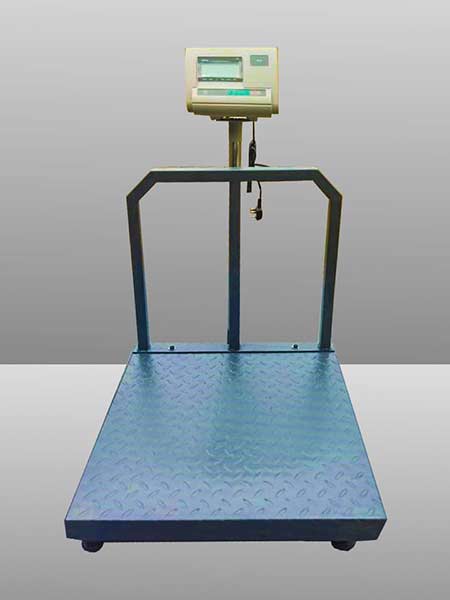
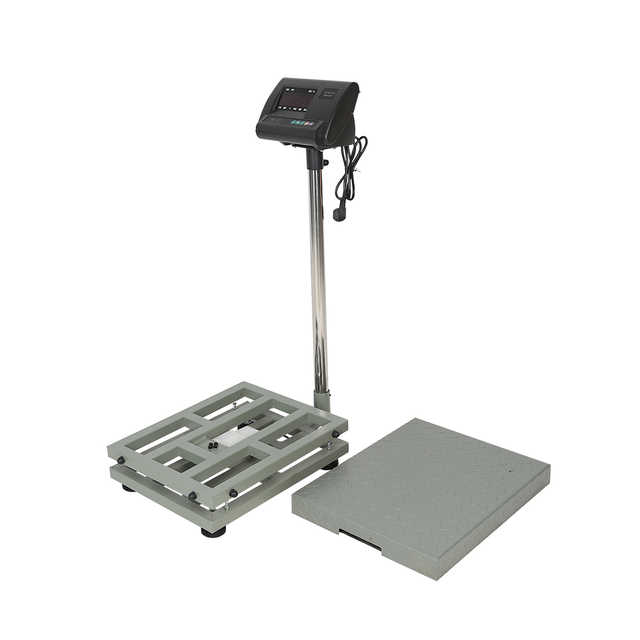
Common Causes of Inaccuracy
- Wear and Tear
- Over time, mechanical parts or electronic sensors may degrade, leading to errors.
- Overloading
- Exceeding the maximum weight capacity can damage internal components.
- Environmental Factors
- Dust, moisture, and temperature fluctuations can interfere with scale performance.
- Infrequent Calibration
- Regular calibration is crucial for maintaining accuracy, especially in industrial or commercial settings.
How to Maintain an Accurate Weighing Scale
- Regular Calibration
- Use certified calibration weights or hire professionals like Eagle Weighing Systems for accurate recalibration.
- Proper Storage
- Keep the scale in a dry, clean environment to prevent damage.
- Avoid Overloading
- Always adhere to the scale’s maximum weight capacity.
- Clean Regularly
- Remove dust and debris to prevent interference with sensors.
- Use on Stable Surfaces
- Place the scale on a level, vibration-free surface for consistent readings.
- Monitor Power Supply
- Replace batteries or use a stable power source to prevent fluctuations.
Why Choose Eagle Weighing Systems?
Eagle Weighing Systems is Uganda’s leading supplier of reliable and accurate weighing scales. They offer:
- Calibration Services: Ensure your scale delivers precise readings.
- Wide Range of Products: From personal to industrial scales.
- Affordable Prices: Competitive rates in Ugandan Shillings (UGX).
- Expert Support: Professional guidance for selecting and maintaining scales.
- Convenient Access: Explore their products on the official website. Stay connected via Facebook, Twitter, and YouTube.
Conclusion
An accurate weighing scale ensures reliability, efficiency, and compliance in various applications. By checking for consistent readings, calibrating regularly, and maintaining the scale properly, you can ensure long-term accuracy.
For premium weighing solutions and expert calibration services in Uganda, trust Eagle Weighing Systems. Visit them today to explore their wide range of products and services designed to meet all your weighing needs!

